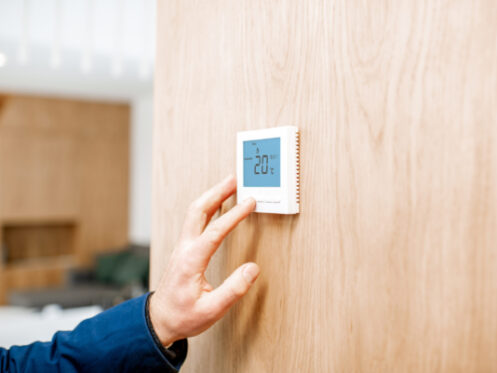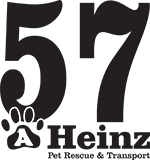Why You Should Never Set Your Air Conditioner Below 70 Degrees

When the heat in Des Moines, IA rises, it’s tempting to turn your thermostat down. Many homeowners set their indoor temperature as low as they can tolerate. Unfortunately, this pushes your air conditioner past its limits and wastes energy.
Raise Your Thermostat Settings Instead
You need your air conditioner to keep your home comfortable during the hottest months, but when the temperature is at its peak, you need to be careful. If you set the thermostat too low, it strains the AC. This leads to air conditioning malfunctions and costly repairs.
The Temperature Differential
Your air conditioner can only lower the temperature by 20°F. This is the temperature differential. When you set your thermostat to less than 20° below the outside temperature, your AC will never be able to reach its goal. It’ll certainly try, though. It will continuously run. This causes it to waste large amounts of energy and wear the air conditioner down in the process. Your AC will likely overheat and shut down. By setting your thermostat within the differential temperature zone, you can avoid this.
The Perfect Temperature
70°F is an ideal temperature setting, regardless of how hot it gets outside. This is a comfortable temperature for most, though you may find that it can feel too cold at times. Any air conditioner set lower than this is at risk of having its coil freeze. Once the coil freezes, your AC won’t be able to work properly, and the system will need repairs.
Your Air Conditioner Professionals
Metro Heating & Cooling has been providing Des Moines with heating and cooling services since 1984. Our HVAC services keep your home comfortable all year. We are locally owned and operated, and we specialize in new construction installations, replacements, and maintenance of furnaces and air conditioners. In addition to our HVAC services, we perform seasonal maintenance, fireplaces, indoor air quality, and geothermal services. Call Metro Heating & Cooling today to learn more.
Tags: AC Maintenance, AC Repair








